According to data from the Organisation for Economic Co-operation and Development (OECD), Britain is the only country in the G7 where inflation is still rising.
The UK consumer price index (CPI) rose 7.9% year-on-year in May, up slightly from 7.8% in April, according to the OECD. Meanwhile, the remaining G7 members including the US, Canada, France, Germany, Italy and Japan all recorded decelerating inflation.
Across the G7, inflation fell to 4.6% in May from 5.4% in April, the lowest since September 2021. Many major central banks have begun to consider ending interest rate hikes as prices cool.
Meanwhile, the Bank of England (BoE) last month raised interest rates by 50 basis points, more than many expected. The BOE's 13th consecutive increase brought the base rate to 5%, the highest since 2008.
The OECD's consumer price index for the UK includes the cost of owning and living in a household, making it the most comprehensive measure of inflation. Meanwhile, the CPI measured by Eurostat was 8.7% in May, unchanged from April.
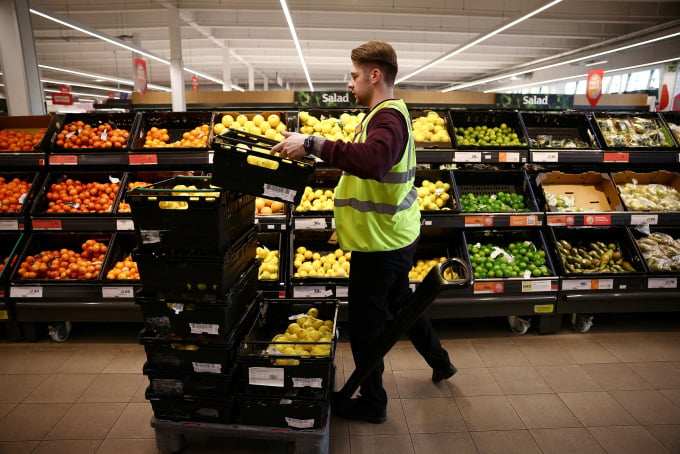
A worker arranges products inside a Sainsbury's supermarket in Richmond, London, June 27, 2022. Photo: Reuters
On July 4, British Prime Minister Rishi Sunak acknowledged that inflation is "more persistent than many people expected".
Neil Shah, research director at investment research firm Edison Group, explained that a combination of the energy price crisis and labour shortages had led to UK inflation being much more severe than in the G7 economies. "Brexit is partly to blame, reshaping the labour market and putting pressure on employers to raise wages to attract talent," he added.
Britain’s economy, which relies more on services than manufacturing, is a contrast to more balanced European economies like Germany. In the eurozone, inflation has also cooled, albeit slowly. Eurostat said the eurozone’s consumer price index (CPI) fell more than expected to 5.5% in June.
The UK public's expectations for inflation over the next 12 months have risen to 5%, up from 4.7% in May, according to a June survey by Citibank and market research firm YouGov. The BoE is monitoring inflation expectations because it is concerned about rising price pressures in the economy. Its target is to get inflation back to 2%.
Megan Greene, a member of the BoE's monetary policy committee, recently warned that interest rates could remain higher for longer. "It would be a mistake for central banks to get comfortable with the idea that inflation and interest rates will automatically return to the low levels we saw before the pandemic," she said.
Phien An ( according to CNBC, FT )
Source link



![[Photo] National Assembly Chairman Tran Thanh Man attends the summary of the organization of the Conference of the Executive Committee of the Francophone Parliamentary Union](https://vstatic.vietnam.vn/vietnam/resource/IMAGE/2025/4/15/fe022fef73d0431ab6cfc1570af598ac)
![[Photo] Welcoming ceremony for Prime Minister of the Federal Democratic Republic of Ethiopia Abiy Ahmed Ali and his wife](https://vstatic.vietnam.vn/vietnam/resource/IMAGE/2025/4/15/77c08dcbe52c42e2ac01c322fe86e78b)
![[Photo] General Secretary To Lam meets with veteran revolutionary cadres, meritorious people, and exemplary policy families](https://vstatic.vietnam.vn/vietnam/resource/IMAGE/2025/4/15/7363ba75eb3c4a9e8241b65163176f63)
![[Photo] Air Force actively practices for the April 30th celebration](https://vstatic.vietnam.vn/vietnam/resource/IMAGE/2025/4/15/16fdec3e42734691954b853c00a7ce01)
![[Photo] Ho Chi Minh City after 50 years of national reunification through buildings and symbols](https://vstatic.vietnam.vn/vietnam/resource/IMAGE/2025/4/15/a224d0b8e489457f889bdb1eee7fa7b4)






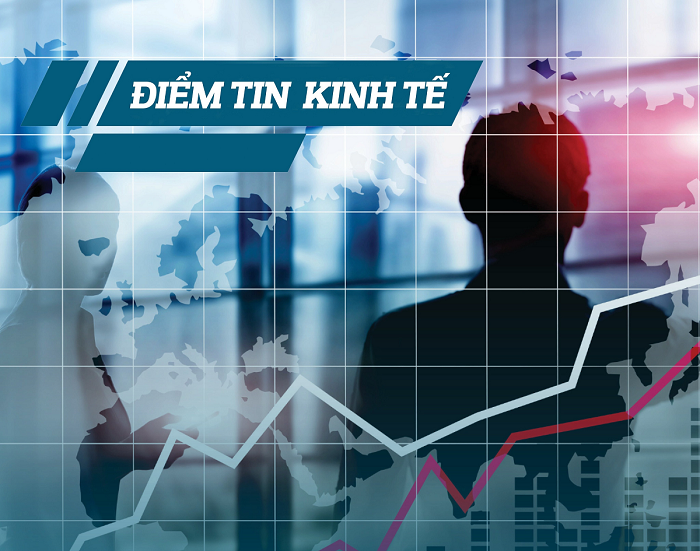










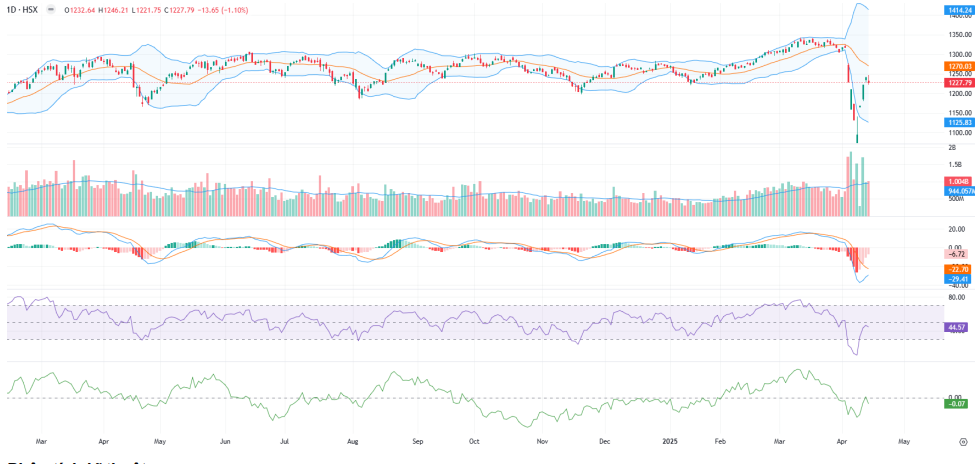












































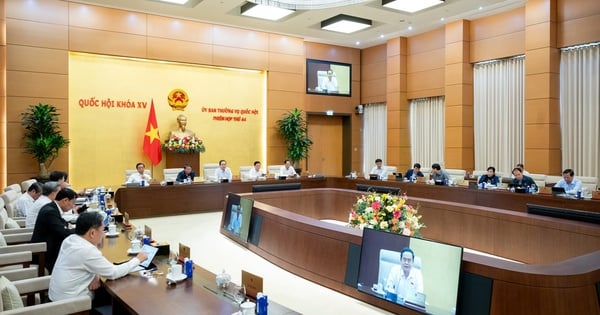















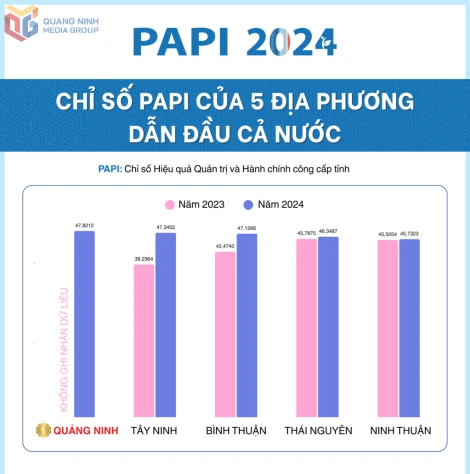








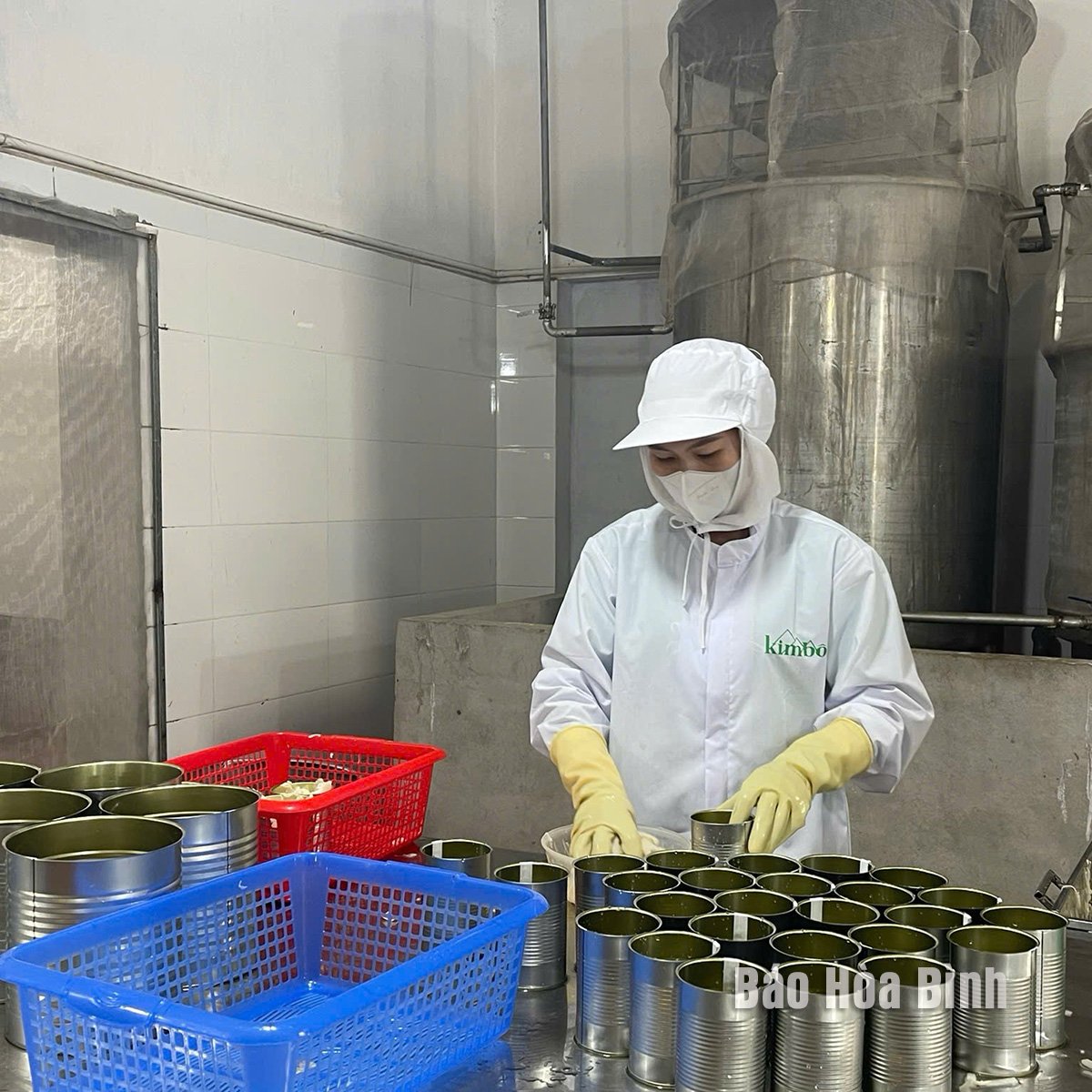

Comment (0)